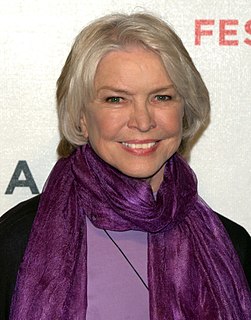A Quote by Rem Koolhaas
Manhattanism is the one urbanistic ideology that has fed, from its conception, on the splendors and miseries of the metropolitan condition—hyper-density—without once losing faith in it as the basis for a desirable modern culture. Manhattan's architecture is a paradigm for the exploitation of congestion.
Related Quotes
All important architecture of the last century was strongly influenced by political systems. Look at the Soviet system, with its constructivism and Stalinism, Weimer with its Modern style, Mussolini and, of course, the Nazis and Albert Speer's colossal structures. Today's architecture is subservient to the market and its terms. The market has supplanted ideology. Architecture has turned into a spectacle. It has to package itself and no longer has significance as anything but a landmark.
The mark of the modern world is the imagination of its profiteers and the counter-assertiveness of the oppressed. Exploitation and the refusal to accept exploitation as either inevitable or just constitute the continuing antinomy of the modern era, joined together in a dialectic which has far from reached its climax in the twentieth century.
Every work of art (unless it is a psuedo-intellectualist work, a work already comprised in some ideology that it merely illustrates, as with Brecht) is outside ideology, is not reducible to ideology. Ideology circumscribes without penetrating it. The absence of ideology in a work does not mean an absence of ideas; on the contrary it fertilizes them.





































